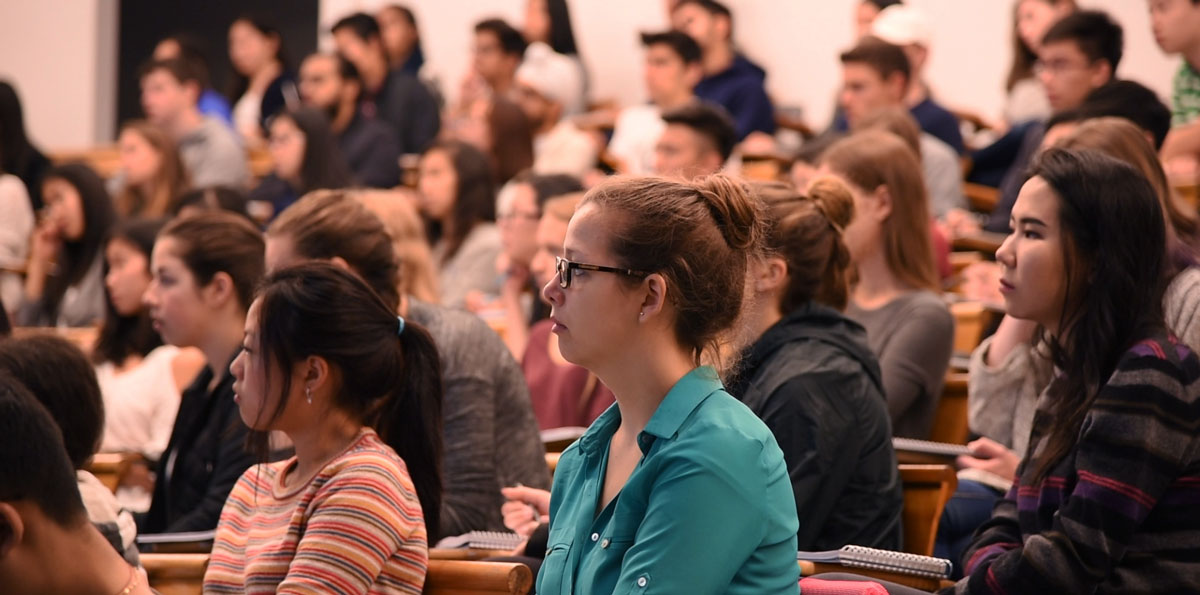Open textbooks save Math students up to $1 million this year
November 17, 2016

November 17, 2016

In an effort to customize materials for their courses and save students money on rising textbook fees, instructors in the Math department at UBC have adopted open or freely accessible textbooks in all first-year courses and most second-year courses. 7,000 students are enrolled in these courses so far this year, and collectively they are saving between $608,000 and $1,024,000.
Since 1997, the widespread adoption of open or freely accessible resources in the department has impacted more than 23,000 students and saved them between $1,315,000 and $2,429,000 on commercially available textbooks. While some math instructors began developing their own online textbooks in the late 90’s, most of the activity has taken place in the last five years. This fall, instructors in five math courses replaced a required, traditional textbook with open resources.
Kevin Doering, associate vice president academic and university affairs at the AMS, said there are three main benefits to using open textbooks and open educational resources. These include affordability, equal access to textbooks without barriers, and quality of content since open textbooks and materials can be customized to a course. Referring to data from the 2016 AMS Academic Experience Survey, Doering said 75 percent of students surveyed have gone without a textbook or other course resource due to cost, and 37 percent do this frequently or often.
In the coming weeks, Doering and representatives from the Centre for Teaching, Learning and Technology and the UBC Library will be talking to course coordinators and faculty members who teach high enrolment courses—courses with more than 900 students—to see what the barriers are to adopting more open textbooks and resources.
“Once we know what the barriers are to adoption of open educational resources, we’re hoping to provide solutions specific to UBC to make it easier for faculty,” Doering said.
We honour xwməθkwəy̓ əm (Musqueam) on whose ancestral, unceded territory UBC Vancouver is situated. UBC Science is committed to building meaningful relationships with Indigenous peoples so we can advance Reconciliation and ensure traditional ways of knowing enrich our teaching and research.
Learn more: Musqueam First Nation